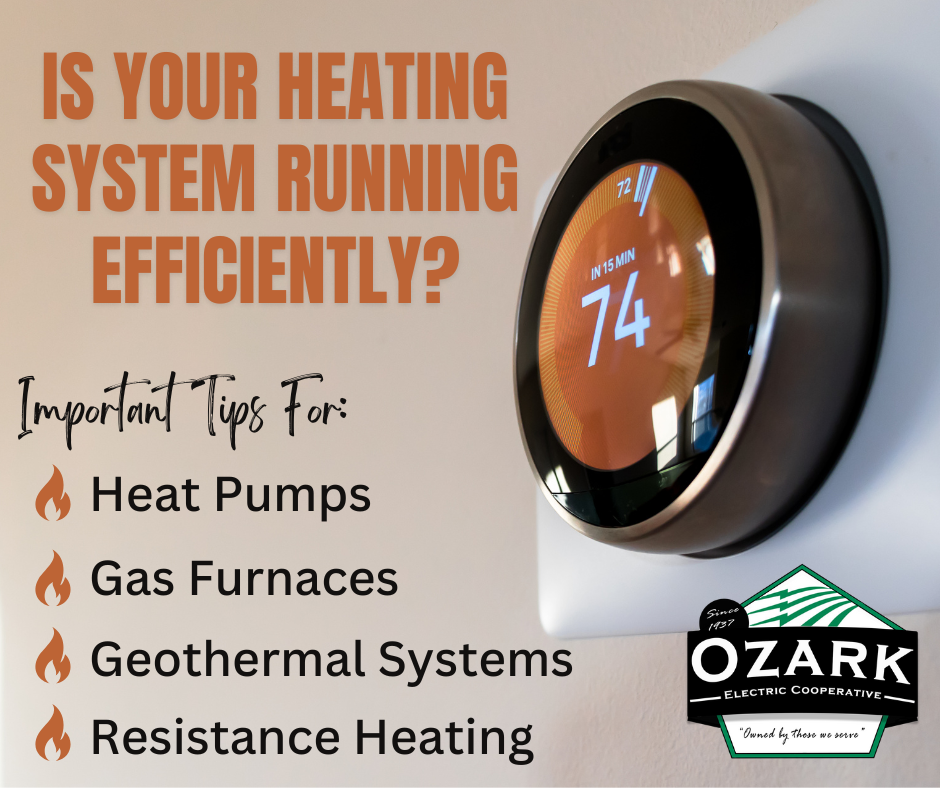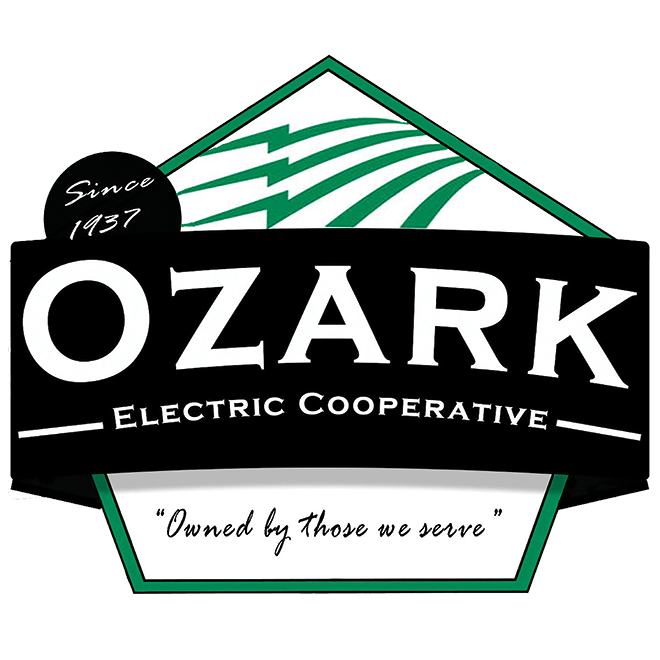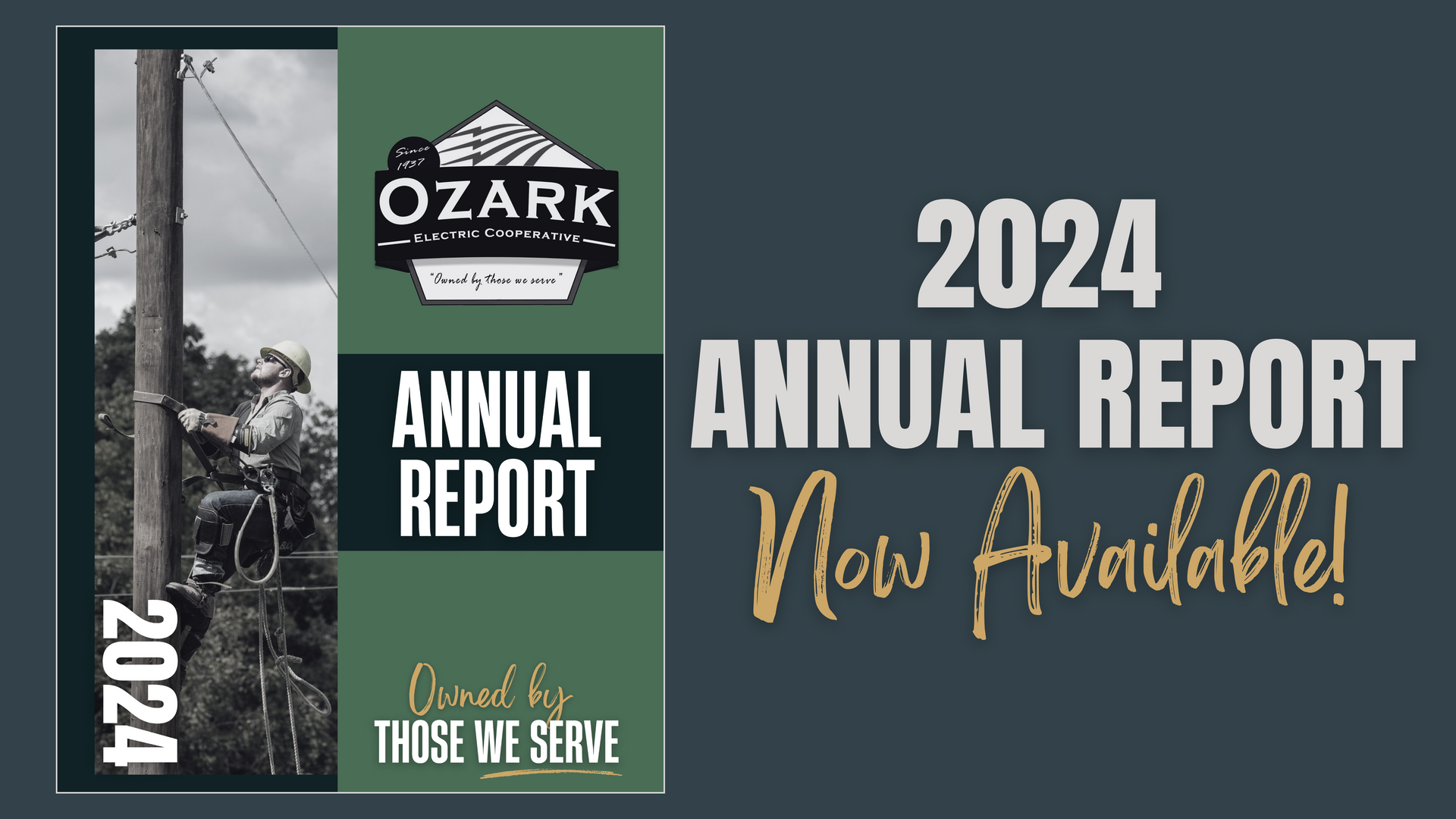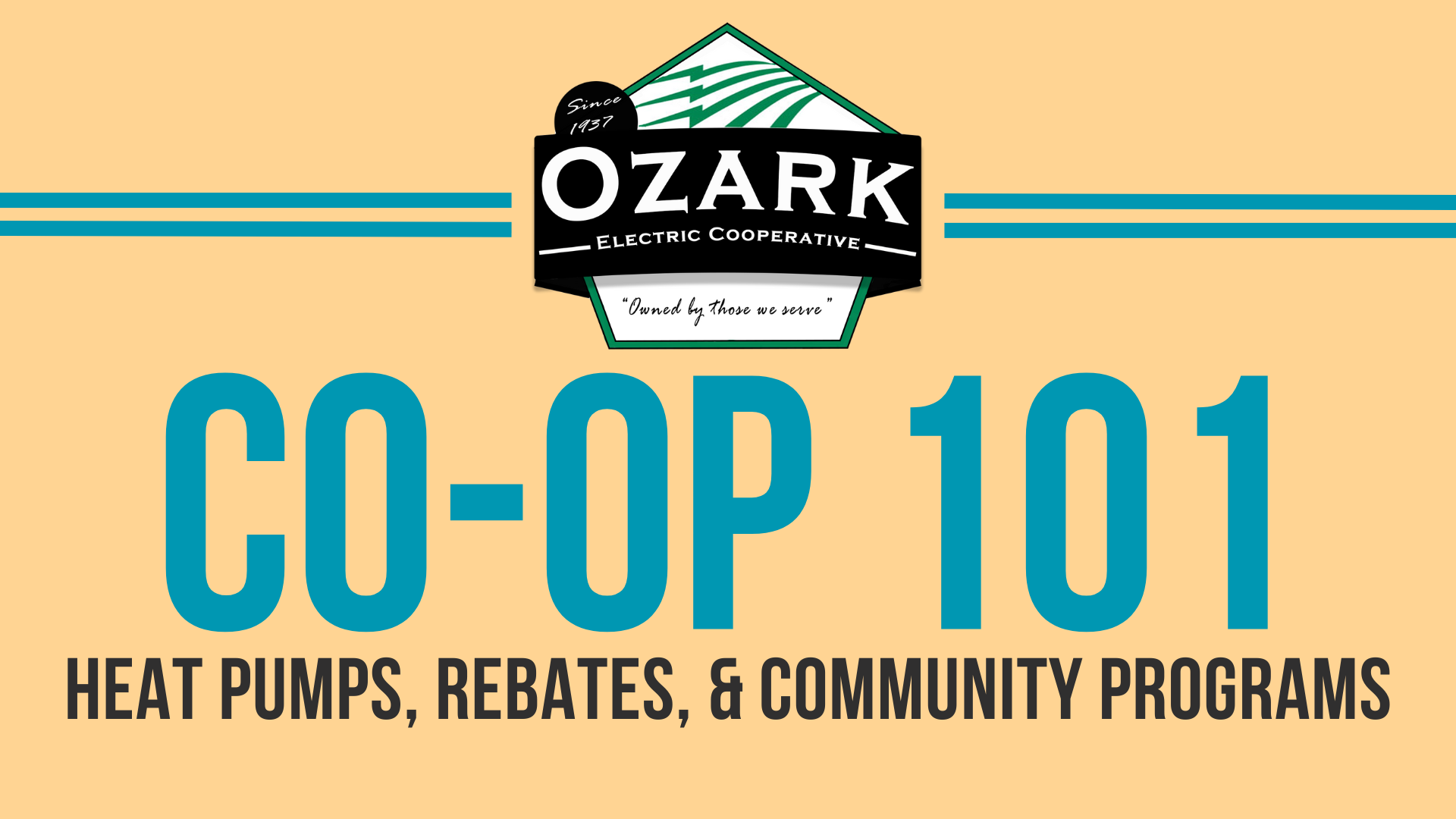Heads Up! Ozark Electric offices will be closed Friday, April 18 in observance of Good Friday.
Is your heating system running efficiently? Key tips to keep your system running smoothly.

As the colder months approach, it's crucial to ensure your heating system is running as efficiently as possible. With several heating options available, from heat pumps and gas furnaces to geothermal systems, each has unique maintenance needs and efficiency considerations. Here are some key tips to keep your system running smoothly, avoid unnecessary energy use, and manage your utility bills effectively.
Heat Pumps: Efficiency and Managing Back-Up Heating
Heat pumps are an efficient heating solution for moderate climates, but they can lose efficiency in extremely cold temperatures. Many heat pumps have electric back-up heating systems that provide additional warmth when the outdoor temperature is too low for the heat pump to operate efficiently on its own. However, this type of heating often relies on electric resistance, which can be much more costly. To avoid excessive usage:
- Ensure your heat pump is set to a reasonable thermostat setting to prevent the resistance heat from unnecessarily engaging. Sudden or extreme thermostat adjustments can trigger the resistance heating system, leading to higher kW demand and higher kWh usage. Always ensure that you are not unintentionally engaging the heat strips when turning on the heat.
- Regularly inspect your heat pump to confirm that it's cycling properly and that the resistance heat is only used when absolutely necessary.
- Regular maintenance, including cleaning filters and checking settings, can help ensure your heat pump operates efficiently.
Gas Furnaces: Maximize Efficiency and Reduce Costs
Gas furnaces remain a popular heating option, especially in colder climates. They generally provide efficient heating, but maintenance is crucial for peak performance:
- Change or clean your furnace filter every 1-3 months to improve airflow, as a clogged filter forces your furnace to work harder, increasing energy use.
- Schedule annual maintenance to inspect the burner and heat exchanger for optimal performance and safety.
- Consider installing a programmable or smart thermostat to control heating cycles effectively, allowing for efficient use during peak and off-peak hours.
Geothermal Systems: Leveraging the Earth's Consistency
Geothermal systems are one of the most efficient ways to heat a home, utilizing the consistent temperature of the earth. However, maintaining your geothermal system is key to preserving its efficiency:
- Inspect and clean air filters, ducts, and coils regularly to maintain airflow and system efficiency.
- Have a professional check your system's fluid level and clean the heat exchanger to ensure peak efficiency.
- If your geothermal system includes a resistance heating element, be aware that, similar to heat pumps, electric resistance heating can increase your electricity use. Avoid setting the thermostat too high to prevent resistance heat from activating unnecessarily.
Inefficiencies of Electric Resistance Heating
Electric resistance heating systems, such as baseboard heaters and portable electric heaters, are among the least efficient heating options, typically converting only about 30% of the electricity into usable heat. They often lead to higher energy bills, especially in large spaces or regions with colder climates. Whenever possible, it's beneficial to rely on more efficient options like heat pumps or gas furnaces to reduce kW and kWh usage.
If you're considering an upgrade, Ozark Electric Cooperative offers rebates on heat pumps and geothermal systems, making this an excellent time to enhance your home's efficiency. Learn more at ozarkelectric.com/rebates.
-
Office Location & Hours
Office Hours:
Monday - Friday
7:30-4:30
Closed 12-1
Mt. Vernon
417-466-2144
P.O. Box 420
10943 Hwy 39
Mt. Vernon, MO 65712
Nixa
417-725-5160
P.O. Box 1050
2007 James River Court (Hwy AA)
Nixa, MO 65714
Cape Fair
417-538-2273
P.O. Box 287
7928 State Hwy 76
Cape Fair, MO 65624


